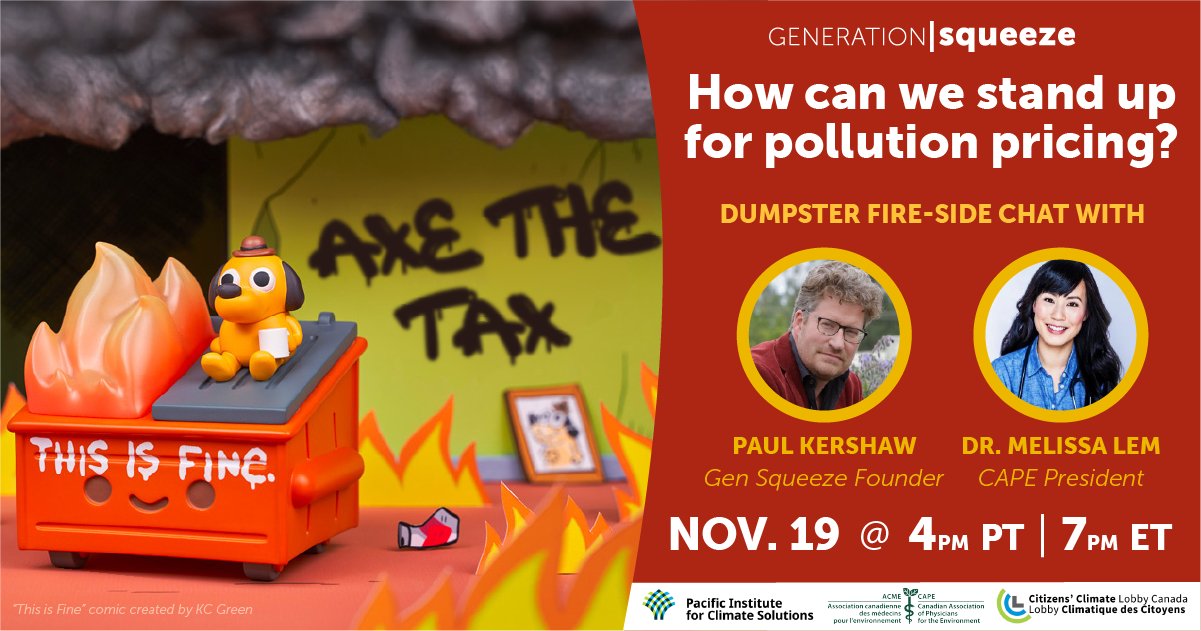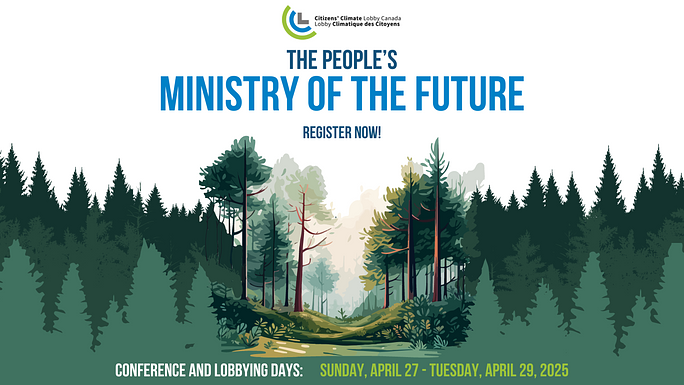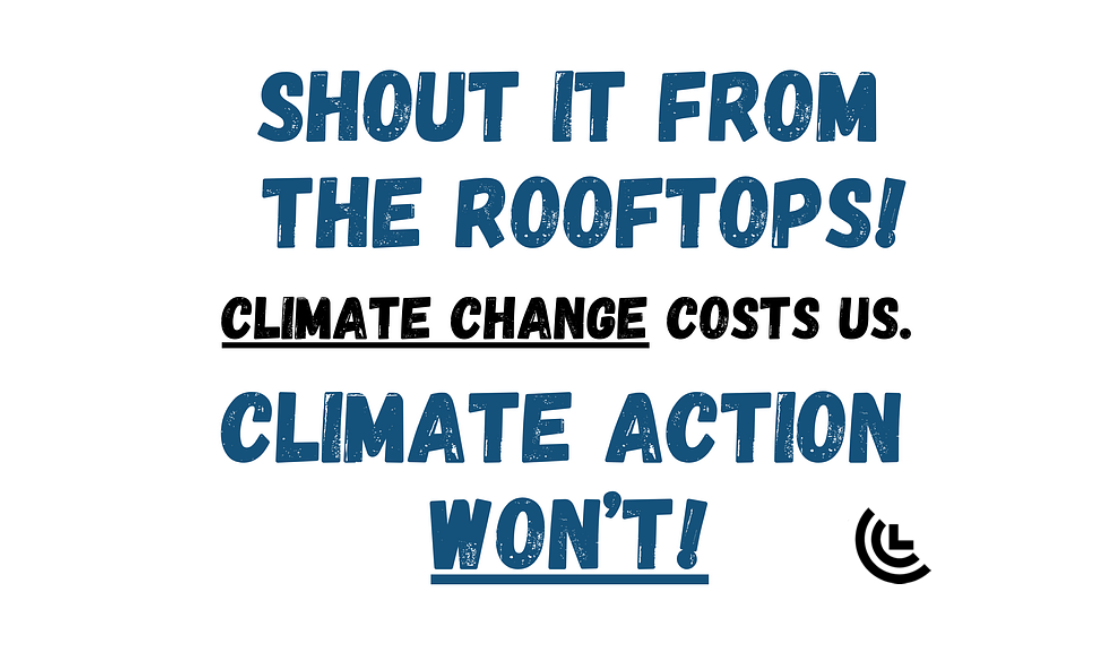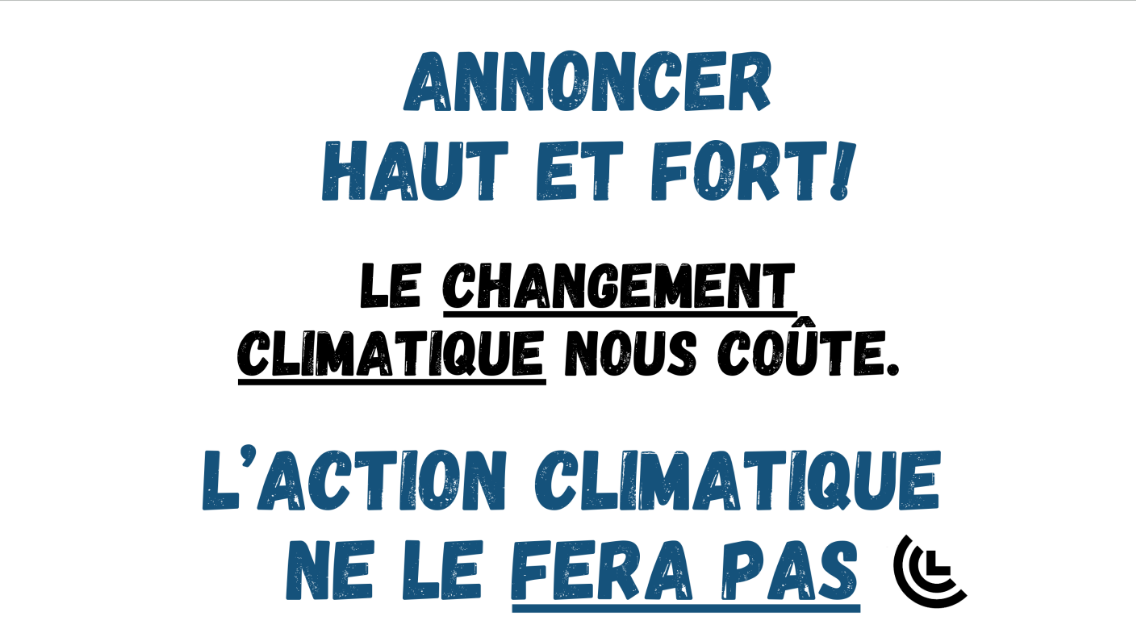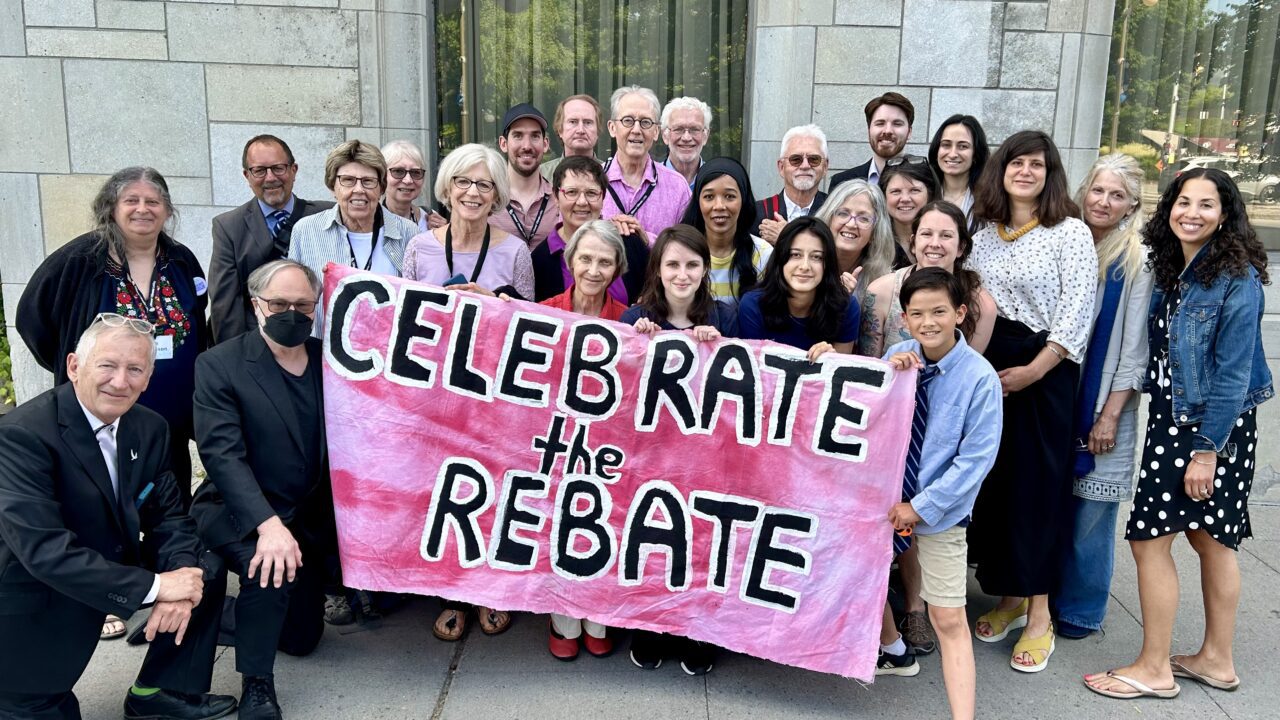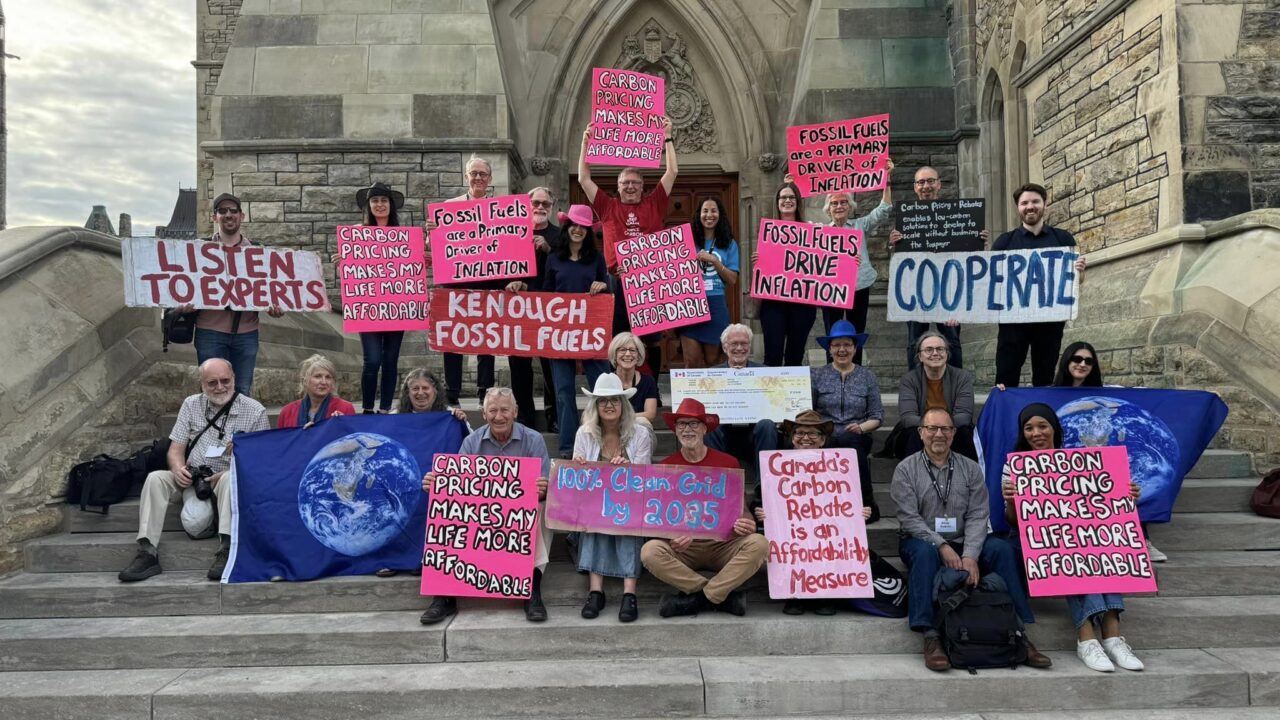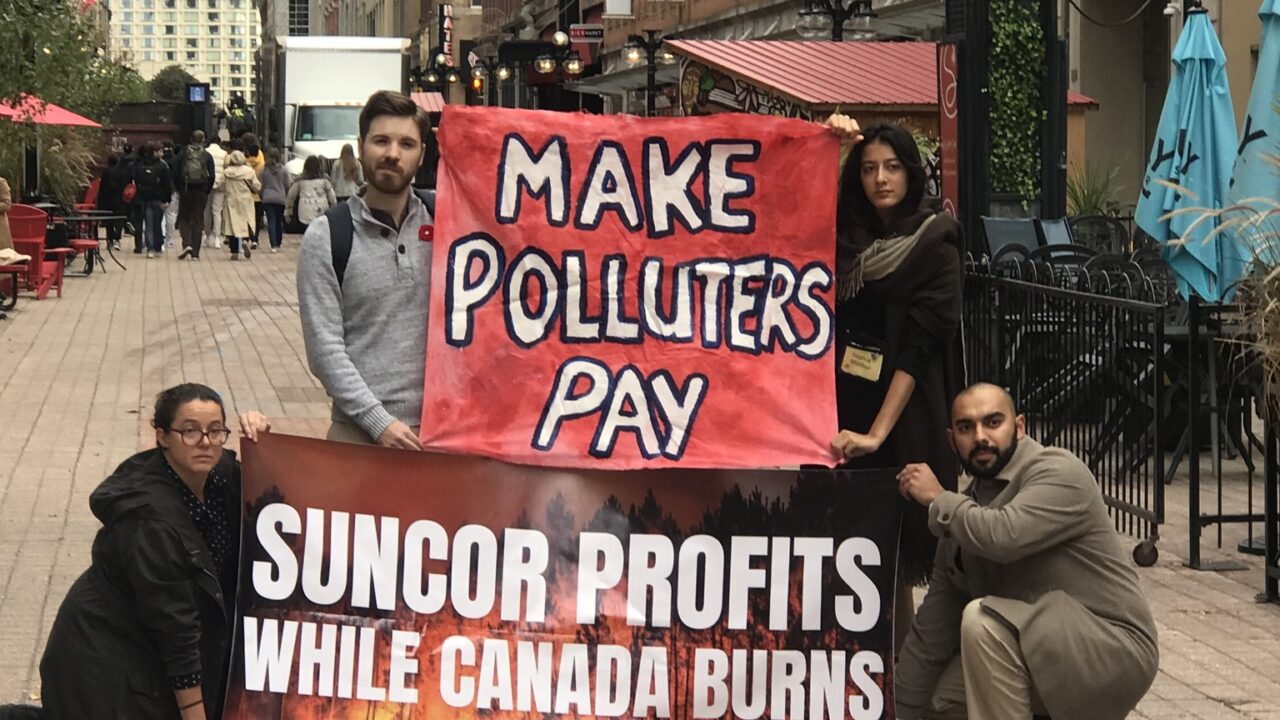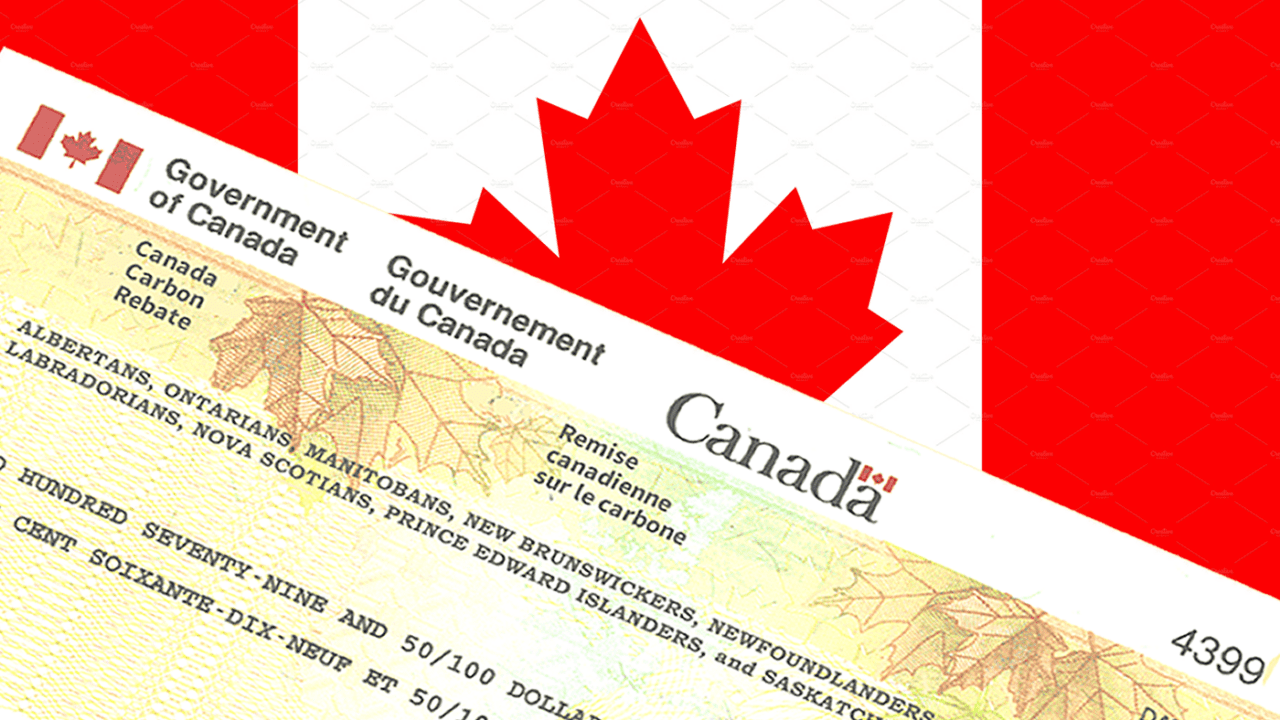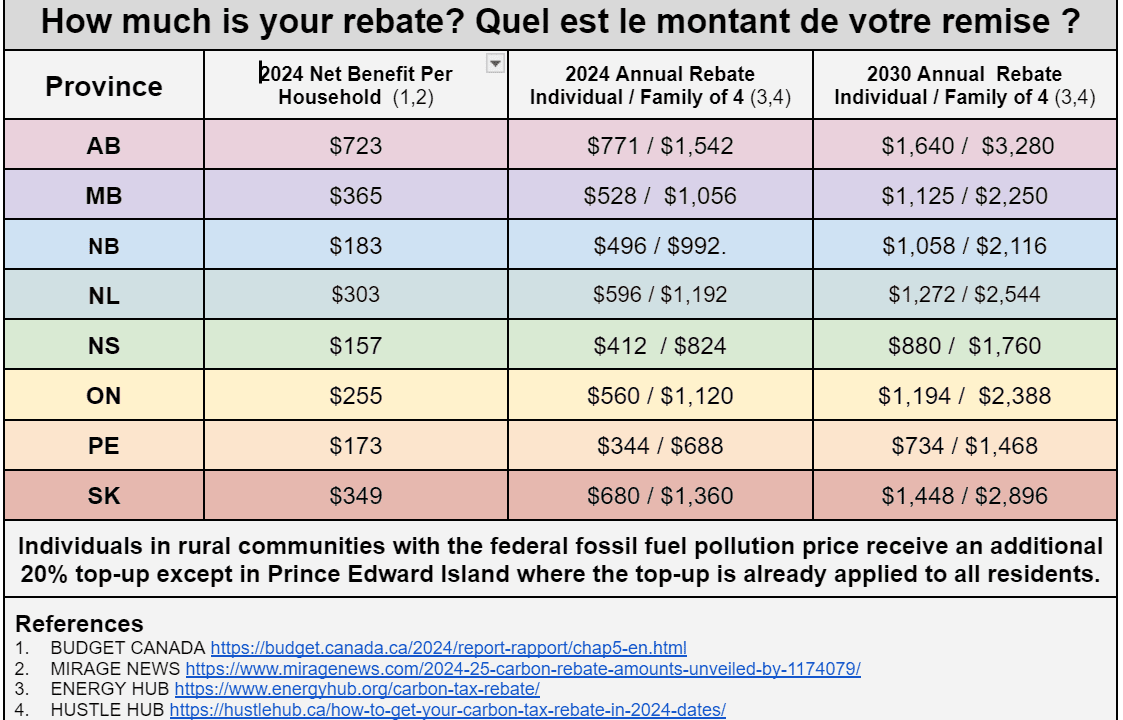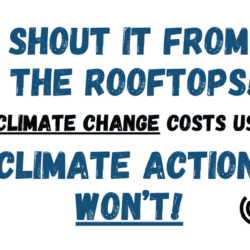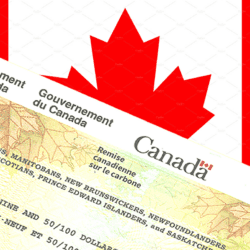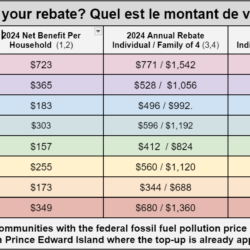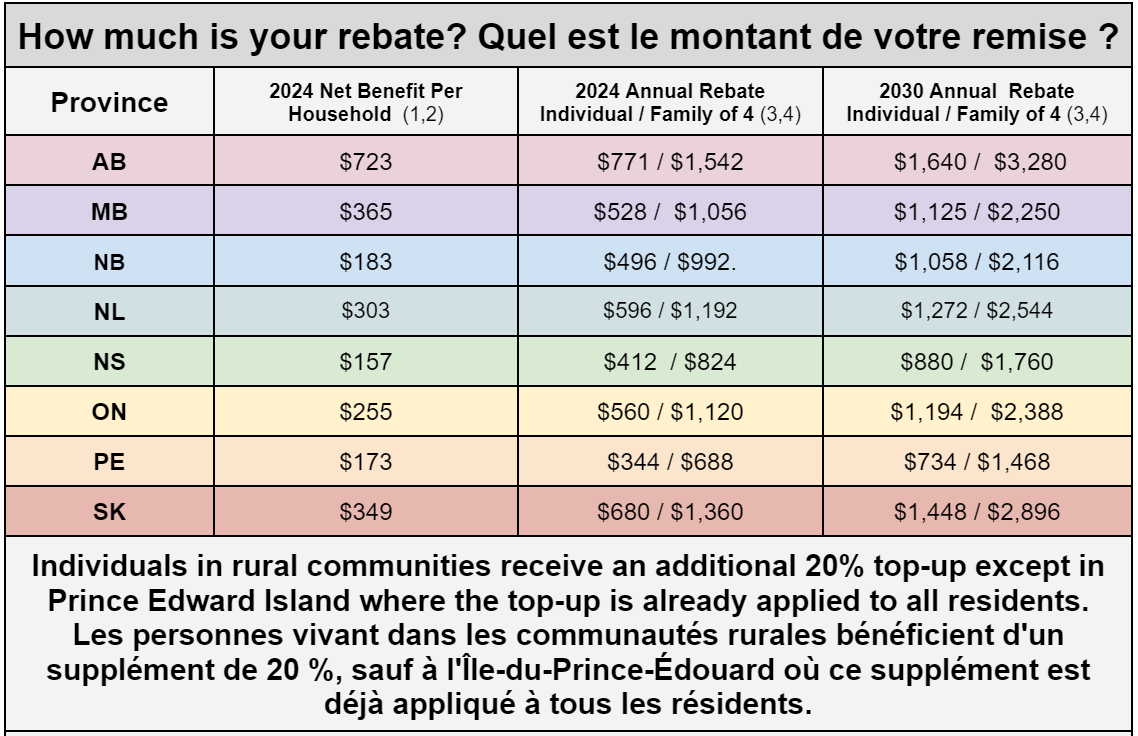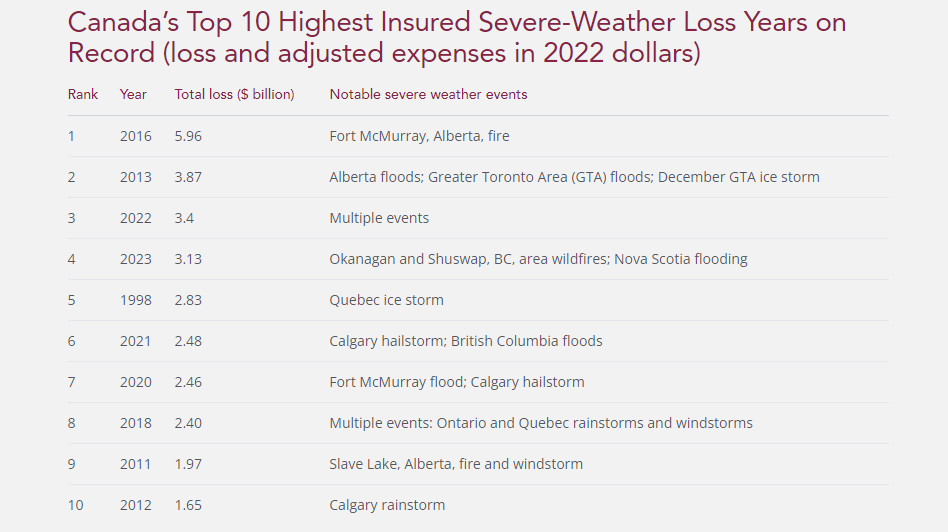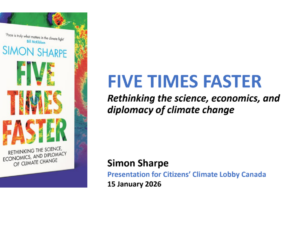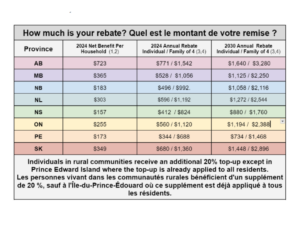It is very simple. C’est très simple: References Calculate your rebate: Dear [recipient position will go here] [recipient name will go here], [Le français suivra Thank you for your diligent work in service to our country and our continued democracy. On April 1st, carbon pricing increased from $65 per tonne to $80 per tonne. In the current media and political landscape, this change has been vilified. ‘Cost’ is the word on everyone’s lips. Food costs. Fuel costs. Living costs. With affordability a pressing concern for most Canadians, carbon pricing has made a convenient target for criticism. What is often lost in this discussion, however, is the cost of inaction. What we cannot afford is to delay in addressing climate change. While the Bank of Canada and others have since debunked the overblown estimates of the carbon price’s impacts on food and inflation (with the carbon price only accounting for 0.15% of inflation and pennies or less for food costs), the monetary impacts of unaddressed climate change are becoming more substantial every day. In fact, the cost of catastrophic weather events has risen exponentially in recent decades despite significant and increasing efforts to fortify infrastructure and enhance disaster preparedness during that time. Figures from Swiss Re, a global reinsurance giant, show that insured losses from climate-driven devastation have now reached $50-billion in the first half of 2023 alone. Ensuring an Affordable Future means taking the steps necessary to reduce emissions as quickly as possible. While no single policy can do the job alone, recent modelling released from Navius Research in March 2024 shows that carbon pricing is one of the most impactful options in our current Canadian toolkit. What’s more, while over 65 countries worldwide have some form of carbon pricing in place, as one of only two with the dividends paid out to citizens, our carbon rebates mean we have an Affordable Present as well. I would like to add my voice to the swell of voices rising up all across Canada: I love my Canada carbon rebate! ————————————————— Merci de votre travail diligent au service de notre pays et de notre démocratie. Le 1er avril dernier, le prix du carbone est passé de 65 $ à 80 $ la tonne. Dans le paysage médiatique et politique actuel, ce changement a été vilipendé. “Coût” est le mot sur toutes les lèvres. Coût alimentaire. Coût du carburant. Coût de la vie. L’accessibilité devenant une préoccupation grandissante pour la plupart des Canadiens, la tarification du carbone a été transformée en cible facile pour la critique. Le grand oublié dans la discussion : le coût de l’inaction. Ce que nous ne pouvons pas nous permettre, c’est de retarder la lutte contre le changement climatique. Bien que la Banque du Canada et d’autres aient depuis démystifié les estimations exagérées des impacts du prix du carbone sur l’alimentation et l’inflation (le prix du carbone ne représentant que 0,15 % de l’inflation et quelques sous ou moins sur les coûts alimentaires), les impacts monétaires des changements climatiques deviennent eux, de plus en plus importants chaque jour. En effet, le coût des événements météorologiques catastrophiques a augmenté de manière exponentielle au cours des dernières décennies, malgré des efforts significatifs et croissants déployés pendant cette période pour renforcer les infrastructures et améliorer la préparation aux catastrophes. Les chiffres de Swiss Re, un géant mondial de la réassurance, montrent que les pertes assurées dues aux dévastations climatiques ont atteint 50 milliards de dollars rien que dans la première moitié de 2023. Assurer un avenir abordable signifie prendre les mesures nécessaires pour réduire les émissions aussi rapidement que possible. Bien qu’aucune politique ne puisse à elle seule accomplir la tâche, des modèles récents publiés par Navius Research en mars 2024 montrent que la tarification du carbone est l’une des options les plus impactantes dans notre boîte à outils canadienne actuelle. De plus, alors que plus de 65 pays dans le monde ont mis en place une forme de tarification du carbone, en tant que l’un des deux seuls pays à redistribuer les dividendes aux citoyens, nos remboursements de carbone signifient que nous avons aussi un présent abordable. Je voudrais ajouter ma voix au mouvement grandissant à travers tout le Canada : J’adore remise canadienne sur le carbone! Sincerely / Cordialement, By 2050, global annual damages are estimated to be around $38 trillion, with a likely range of $19-59 trillion by 2050. Researchers have found that even with drastic cuts to CO2 emissions starting today, the world economy is already set to lose 19% of its income by 2050 due to climate change. The damages, estimated to be six times larger than the costs of limiting global warming to two degrees, were calculated using empirical data from over 1,600 regions worldwide over the past 40 years. These figures primarily result from rising temperatures and changes in rainfall and temperature variability, and could be even higher when accounting for other weather extremes like storms and wildfires. If emissions are not drastically and immediately reduced, economic losses could reach up to 60% on global average by 2100, clearly demonstrating that protecting the climate is much cheaper than not doing so. The study also highlights the considerable inequity of climate impacts, with countries in the tropics suffering the most due to their already warmer climates. The countries least responsible for climate change are predicted to suffer income losses 60% greater than higher-income countries and 40% greater than higher-emission countries, despite having the least resources to adapt to the impacts. “It is on us to decide: structural change towards a renewable energy system is needed for our security and will save us money. Staying on the path we are currently on, will lead to catastrophic consequences. The temperature of the planet can only be stabilized if we stop burning oil, gas and coal,” says Anders Levermann, Head of Research Department Complexity Science at PIK and co-author of the study. References Climate Change to Cost Global Economy 19% by 2050, Study Finds – ScienceBlog.com Takeaway: As climate change increases the frequency, severity, and unpredictability of extreme weather events, insurance companies are covering less and less of the costs. The burden is falling in larger part on taxpayers than ever before. The longer version: Wildfires. Floods. Drought. When climate change comes knocking at the door, who pays for the damage? More and more frequently, the answer is: Not insurance. As the Intergovernmental Panel on Climate Change (IPCC) reports the cost of catastrophic weather events has risen exponentially in recent decades despite significant and increasing efforts to fortify infrastructure and enhance disaster preparedness during that time. Yearly global economic losses from catastrophic events increased from $4 billion in 1950-1959 to a staggering $40 billion in 1990-1999. The insured portion of these losses rose from a negligible level to $9.2 billion during the same period. Today, figures from Swiss Re, a global reinsurance giant, show that insured losses from climate-driven devastation have now reached $50-billion in the first half of 2023 alone. As the price and frequency of weather-related losses and payouts rise and the unpredictable nature of our worsening climate become realized, it has shown to result in a number of undesirable outcomes related to insurance: In the United States, insurance companies such as State Farm, Farmers Insurance, Nationwide, Progressive, and Liberty Mutual (along with hundreds of other small insurance companies) have pulled out of states like Florida, Texas, Louisiana, and California, after experiencing the growing losses from their hurricanes, floods and wildfires. In some of those areas, state-backed insurers of last resort have become the only option, providing basic coverage when private companies deem areas too risky for new policies and renewals. In Canada, while the threat of insurance company withdrawal looms, rising insurance premiums are a greater burden with rates increasing by 7.7 per cent in 2023 alone, according to Statistics Canada, with premiums increasing and coverage diminishing as well. Over 1.5 million high-risk households cannot obtain affordable flood insurance in Canada. As an ever increasing portion of these costs fall on taxpayers (whether through increases in direct payments or increases in tax dollars spent on coverage), the need for urgent climate action becomes clear. Mitigation of these impacts will surely play a large role in diminishing our losses in the years to come. Images from the Insurance Board of Canada (January 2024) Even to this day, there are individuals who deny or downplay the link between the burning of fossil fuels and the impacts that pollution has on our climate and health. How did this happen? Key players in the fossil fuel industry knew decades ago that burning coal, oil, and methane gas to warm our homes, power our cars, and generate electricity was warming the planet. Instead of acting on the knowledge, they began financing a massive disinformation campaign. Now, as a consequence, youth are having to fight for their inalienable right to have a safe and liveable future. Happily, when you inform people that the fossil fuel industry funded a climate disinformation campaign for decades, people are more likely to believe you when you present solutions. It is not going unnoticed too. A quarter of all US Americans live in jurisdictions that are suing big oil over lying to the public. For British Columbian municipalities seeking support to do the same Sue Big Oil is the go to organization. UPDATE JULY 2024: New InfluenceMap research finds that the oil and gas industry has used a playbook of narratives and arguments to systematically oppose, weaken, and delay the energy transition since at least 1967. Further readings: Mr. Poilievre expanded his “axe the carbon tax” campaign to include all federal taxes on gasoline. He claims Canadians are overburdened by such “radical, wacko” policies. That is not true – plain and simple. Here is the data. It is from a June article in the National Oberver: Are Canadians Paying Wacko High Gas Taxes?How to send a letter to your territorial/provincial, and federal politicians
How to send a letter to your territorial/provincial, and federal parliamentarians.
Voici comment envoyer une lettre à provinciaux/territoriaux et fédéraux politiciens .
How much is your rebate? Quel est le montant de votre remise ?
1) BUDGET CANADA https://budget.canada.ca/2024/report-rapport/chap5-en.html
2) MIRAGE NEWS: Carbon Rebate Amounts Unvelied.
3) ENERGY HUB https://www.energyhub.org/carbon-tax-rebate/
4) HUSTLE HUB https://hustlehub.ca/how-to-get-your-carbon-tax-rebate-in-2024-dates/
– Government of Canada: https://www.canada.ca/en/environment-climate-change/news/2024/04/new-canada-carbon-rebate-estimator-tells-you-how-much-you-may-get-back-in-payments-starting-april-15.html
– Fair Path Forward https://fairpathforward.ca/The letter with hyperlinks / la lettre
[your name will go here]
[your email address will go here] [your location will go here]38 Trillion Dollars per Year by 2050
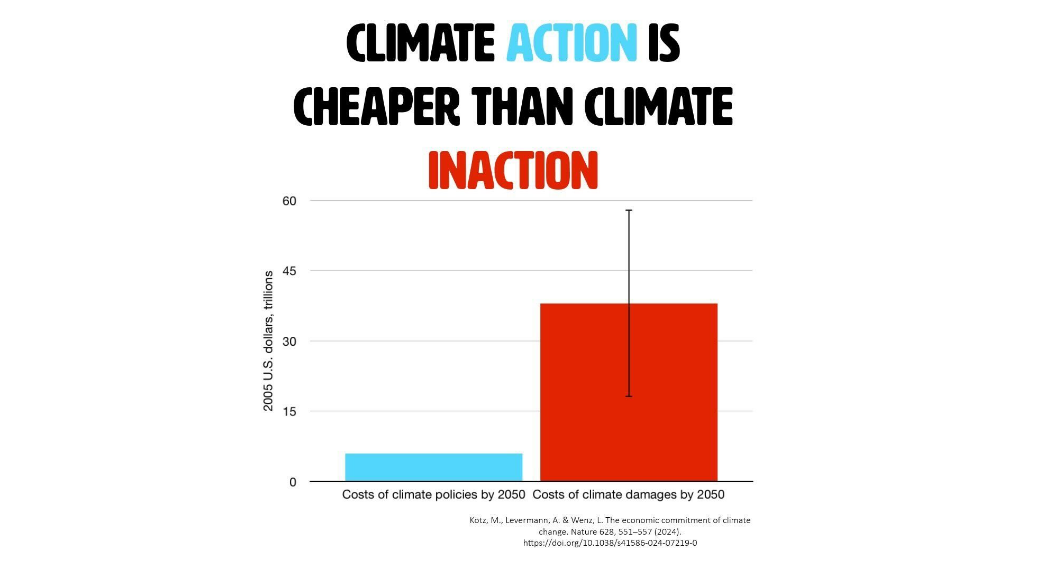
Climate Action is a Matter of Fiscal Responsibility
The economic commitment of climate change – NatureUninsurable World?
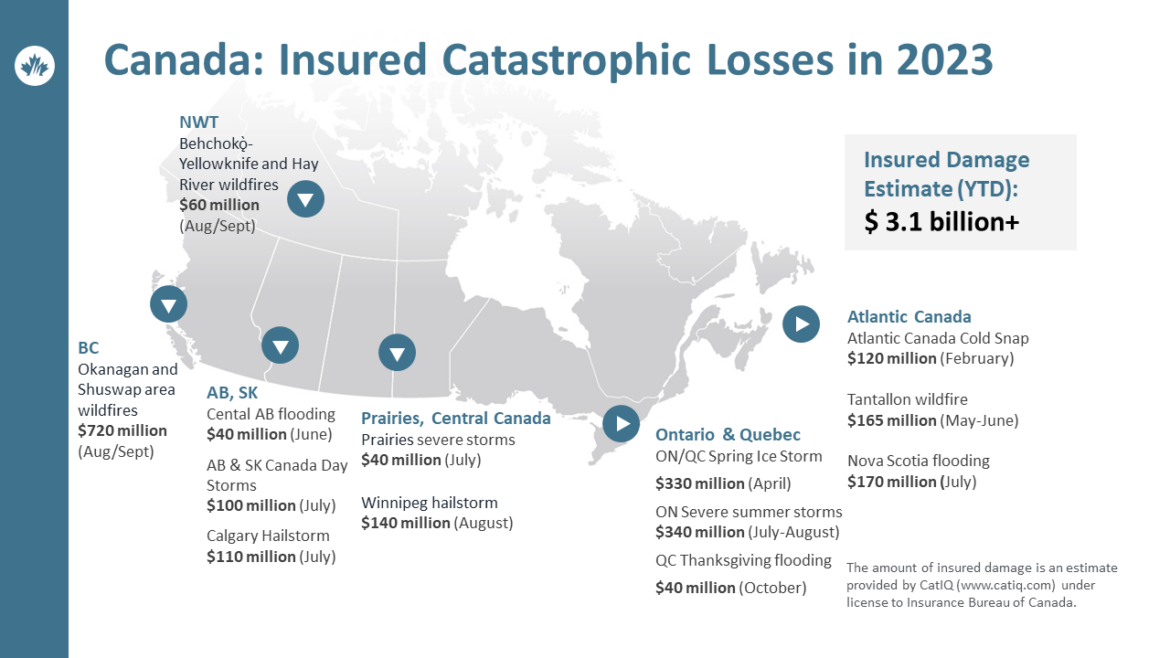
Laser Talk: The Uninsurable World
Lies upon lies
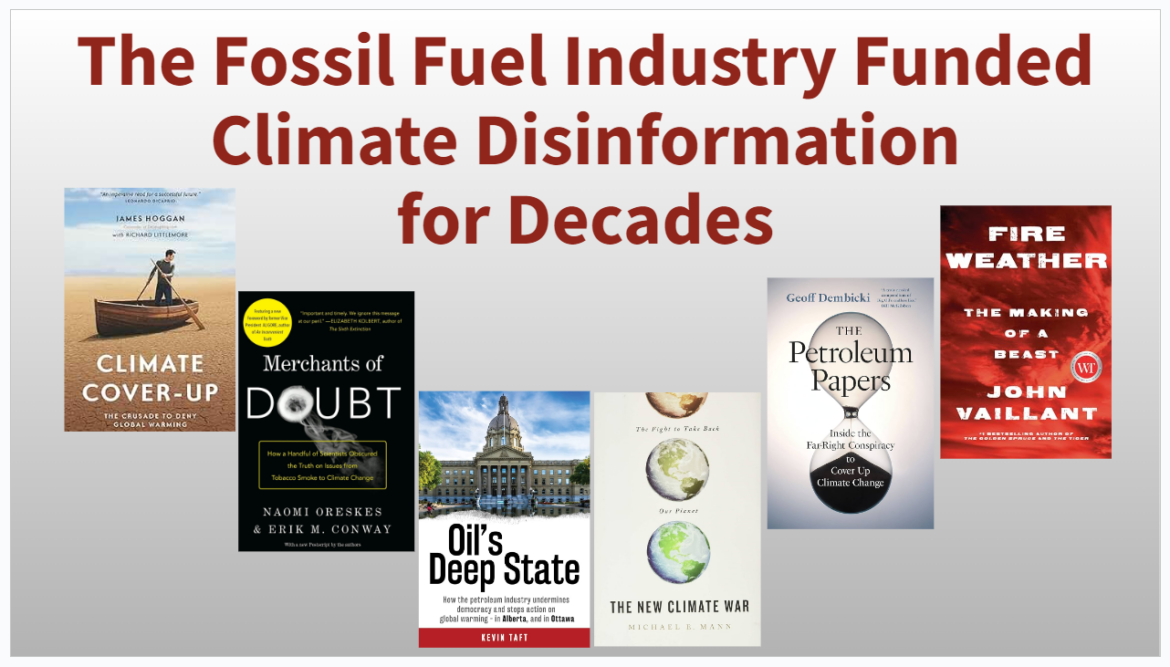
Wacko?
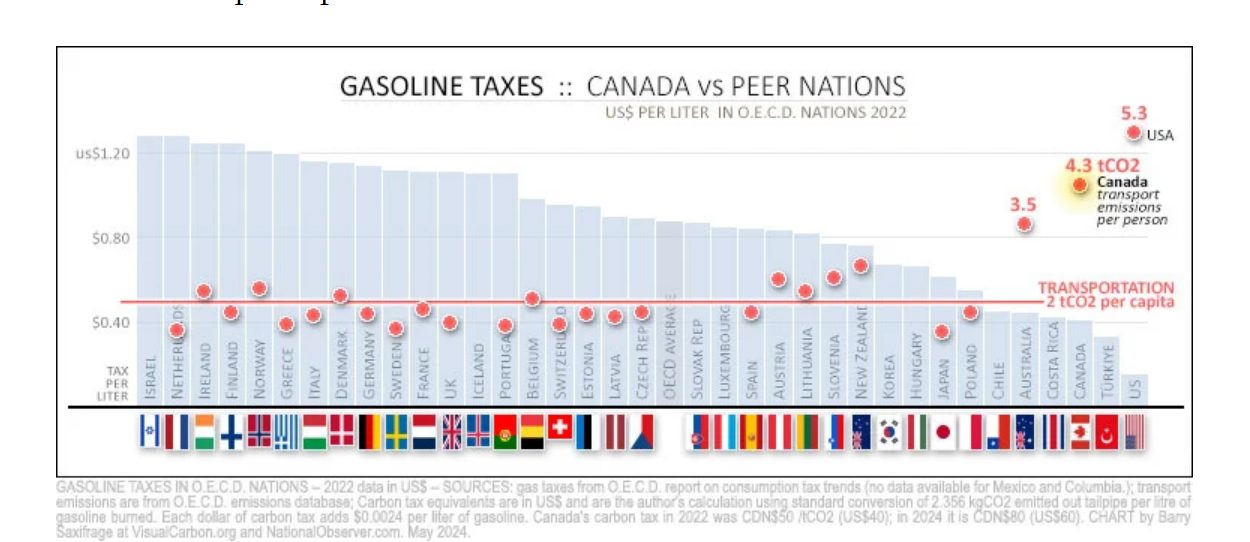

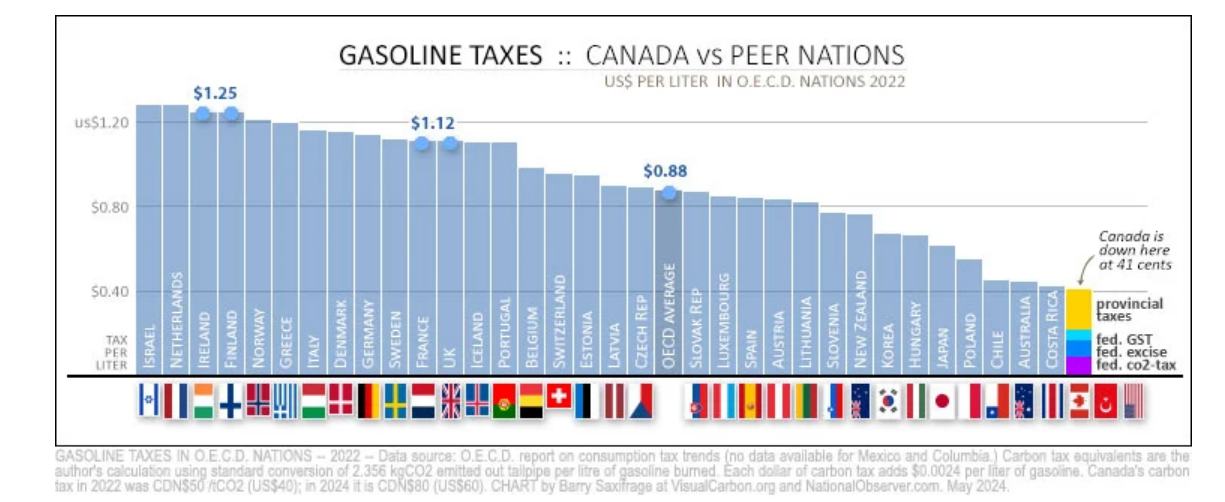

DIGITAL CAMPAIGN Affordable Future Avenir Abordable
Home » CCL Canada News » DIGITAL CAMPAIGN Affordable Future Avenir Abordable
DIGITAL CAMPAIGN Affordable Future Avenir Abordable
Posted on September 11, 2024 in Digital Campaign
Laser Talk: Fossil Fuel Industry Funded Climate Disinformation for Decades



